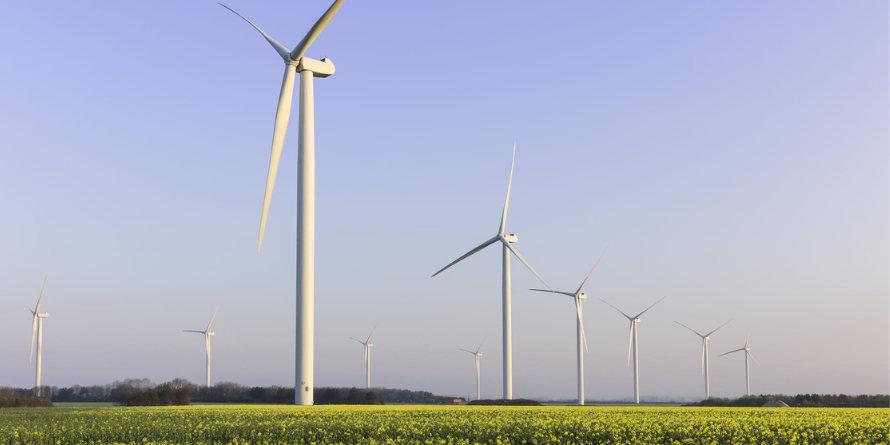The main political parties have set out their plans for energy and the climate in their manifestos ahead of next month’s General Election.
The Conservatives have pledged backing for technologies including offshore wind, solar and nuclear and retrofitting gas-fired power stations with carbon capture to decarbonise the power grid by 2035. They will also maintain the windfall tax unless oil prices fall sharply.
Labour said they would decarbonise the electricity grid by 2030, helped by the creation of green investment vehicle Great British Energy and a national wealth fund.
The Lib Dems would launch an emergency programme of home insulation and heat pump installation, and have a 90% renewable power target by 2030.
The Green Party want to reach Net Zero by 2040 at the latest, phase out nuclear power, and invest heavily in wind and solar power. Reform said it would scrap Net Zero targets and £10bn of renewable energy subsidies but invest heavily in small nuclear reactors.
The Renewable Energy Association has called on an incoming government to hit the ground running and set out a comprehensive policy platform for Net Zero.
Read more

 United States
United States Australia
Australia





